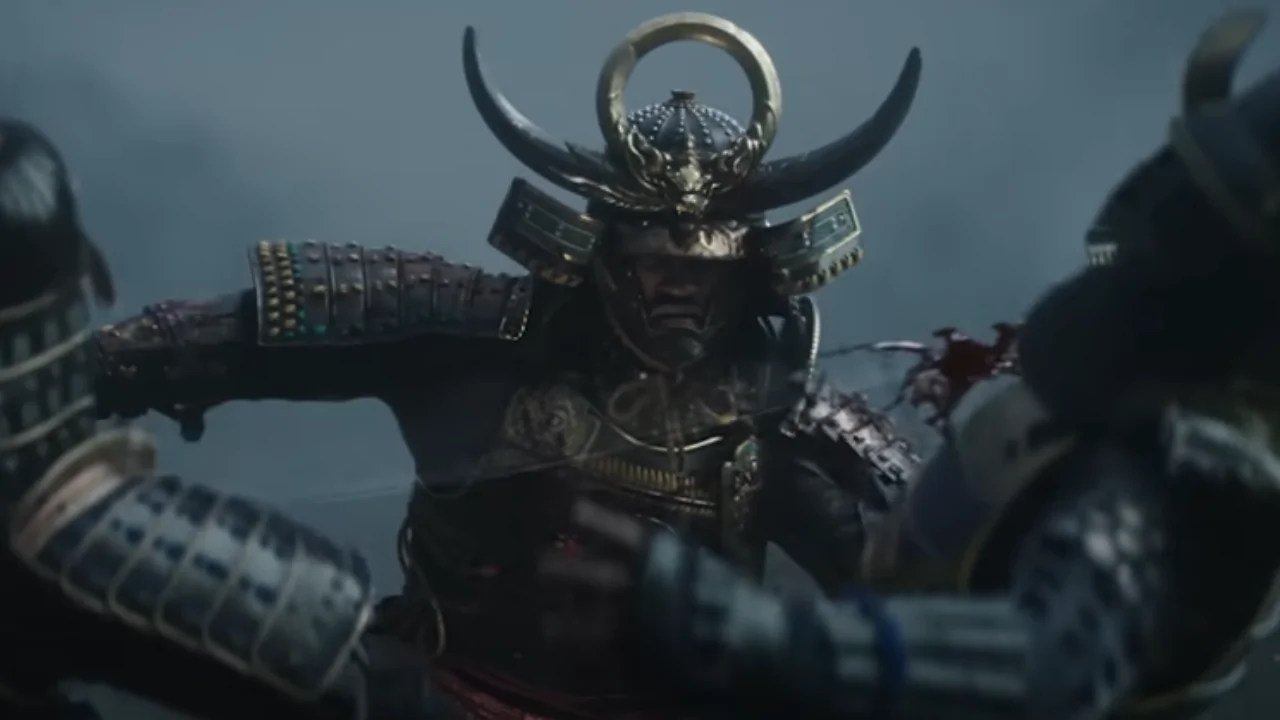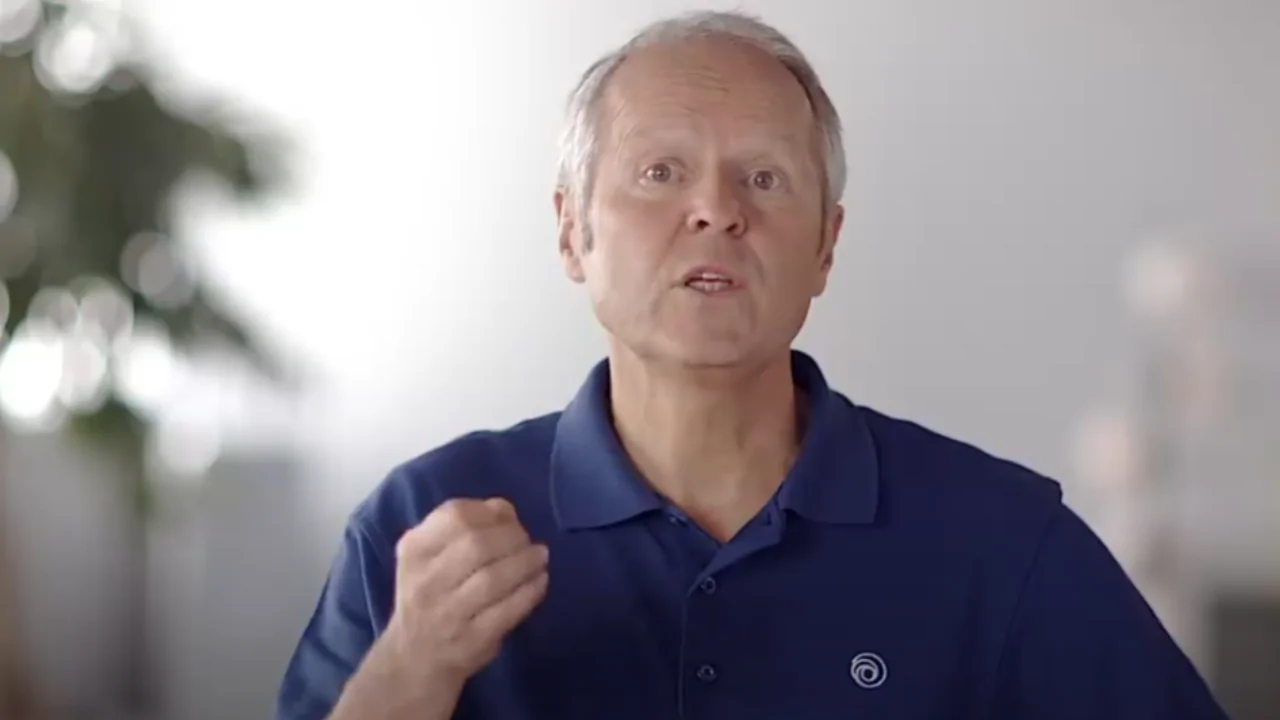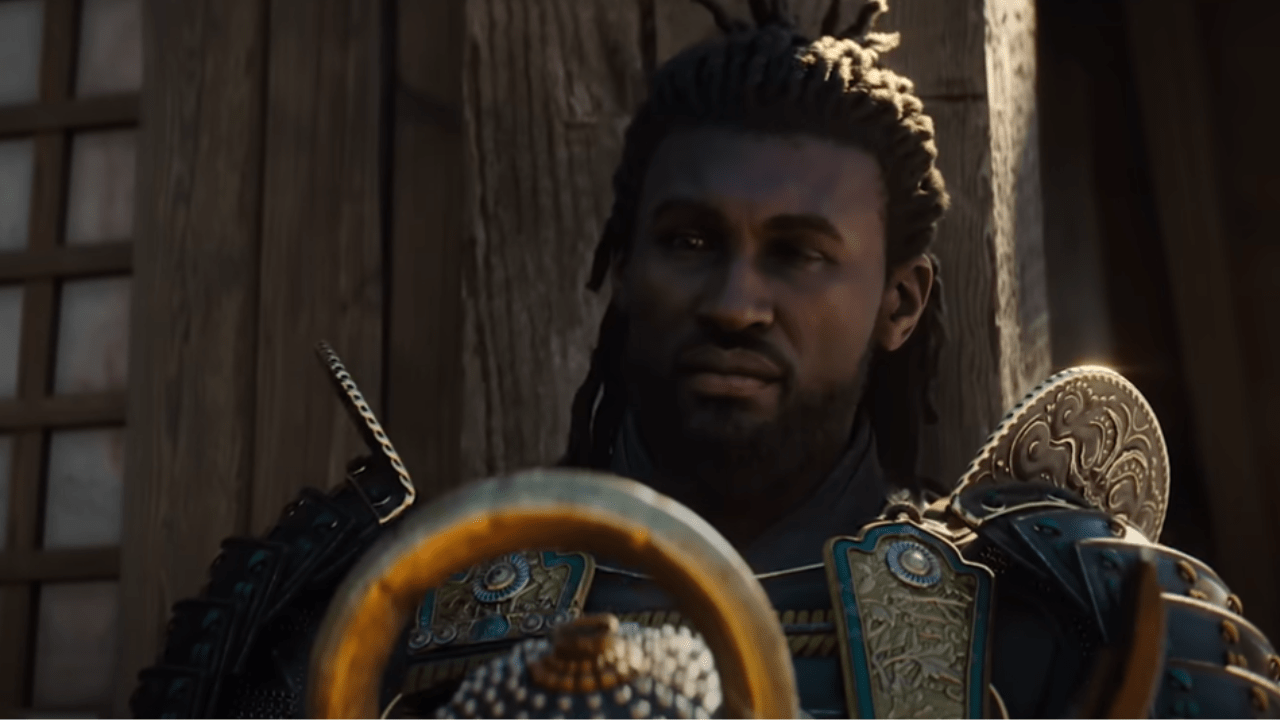
The third-quarter fiscal year 2024-25 earnings statement from Ubisoft (UBISOFT’S THIRD-QUARTER 2024-25 REPORT) corroborates the concerns of many—the company’s financial difficulties are escalating.
There’s an important point to consider: The information given to investors during the earnings call doesn’t match up with the serious picture portrayed in the actual report. In reality, Ubisoft seems to be presenting a more positive image to investors than what the facts suggest, and this could range from being misleading to downright deceptive.

The report clearly shows a stark decrease in Ubisoft’s financial performance, with their net bookings falling by 51.8% year-on-year in Q3. This decrease extends to the first nine months of the current fiscal year (FY25), where total net bookings amounted to only €944 million, a decrease of 34.8%. The digital sector saw a drop of 33.8%, while Player Recurring Investment (PRI), a crucial indicator for live-service games, declined by 33.7%. This suggests a substantial decrease in microtransactions, DLC sales, and subscriptions. Essentially, Ubisoft is experiencing difficulties in both selling games and keeping players engaged, as well as monetizing their existing content catalog. This is a significant concern for the company’s long-term viability.
Despite experiencing a drop in sales, Ubisoft is struggling under an overwhelming amount of debt. To put this into perspective, Ubisoft’s total debt-to-EBITDA ratio stands at a staggering -21.1 times, indicating that it is losing money even before accounting for interest, taxes, and other expenses. This suggests that Ubisoft has very little profitability and is accumulating more debt than it can possibly repay, a clear red flag in terms of financial health. Our earlier reports had already hinted at the possibility of Ubisoft approaching financial ruin.

It’s troubling that Ubisoft aims to just balance their income by the end of FY25 instead of earning a profit, which suggests they are more focused on stabilizing the company rather than expanding it – a significant change from their previous optimistic statements. This new approach gives the impression that Ubisoft is struggling and is merely striving to stay afloat, rather than demonstrating faith in its capacity for recovery.
To add to this grim perspective, the report verifies that Ubisoft has already shut down four of its studios and initiated strategic reorganizations at an additional three entities, without disclosing their names. Although we will delve deeper to discover which studios might be involved, the overall implication is evident: Ubisoft is proactively reducing workforce, cutting expenses, and streamlining operations in order to survive financially.
Under these conditions, it’s highly probable that a sensible investor, examining Ubisoft’s trend, would surmise that the company is teetering precariously, headed for disaster, much like a troubled airplane plunging towards an erupting volcano.
Ubisoft’s Conference Call vs. Reality: Misleading Investors or Just Desperate?
In an unusual manner, Ubisoft’s conference call portrayed a highly optimistic image contrasting starkly with the grim reality of their Q3 sales performance. While investor calls are often filled with corporate language and tactical phrasing meant to soften negative news, Ubisoft seems to tread dangerously close to misleading investors through their statements. Some of these statements directly conflict with their financial disclosures, raising questions about whether they might be deceiving investors.
A prime example is how Ubisoft framed Assassin’s Creed Shadows and Star Wars: Outlaws.

During the conference call, Ubisoft’s executives shared that the early previews of “Shadows” have been well-received. They mentioned that it has received praise for its compelling narrative and immersive experience. Furthermore, they noted that both characters are essential to the game’s storyline, playing significant roles, and the dual-protagonist approach offers a high-quality and complementary gaming experience.
As a movie enthusiast, I must confess that initially, the buzz around the upcoming film was tainted with doubt and debate. Questions about historical authenticity, character selection, and innovative elements—or rather, the perceived lack of them—were rife. Yet, it seemed Ubisoft chose to disregard this mixed response, instead painting a picture of universal excitement that didn’t quite align with reality.
In a similar manner, they overly praised the sales performance of Star Wars: Outlaws. Their Chief Financial Officer, Frédérick Duguet, commented, “Although the sales for Star Wars: Outlaws increased during the holiday season, it fell short of our targets … however, we anticipate that this game will be successful in the long run.

Ubisoft had expected Star Wars: Outlaws to perform much better than it actually did, but preorders were way lower than anticipated. This poor performance contributed significantly to the company’s decreasing revenue in earlier periods. However, during their recent call, they presented this failure as part of their expectations, which is inconsistent with their previous statements.
It’s common for businesses to put a positive spin on poor sales performance, but Ubisoft seems to go above and beyond typical corporate crisis management. They claim their games were well-received and immersive, yet they overlook the reality that Star Wars: Outlaws was such a flop that Ubisoft hasn’t disclosed any official sales figures. If the game had been as successful as Ubisoft suggests, one would expect to see the numbers backing it up.
As a film enthusiast who’s also keen on understanding the business side of things, what truly alarms me is what they failed to address – Ubisoft’s staggering debt crisis and the shockingly low EBITDA of -21.1x. It’s troubling that this critical financial indicator, which indicates the company is hemorrhaging money at an alarming rate, was conspicuously absent from their discussion. A negative EBITDA ratio of such magnitude serves as an extremely concerning red flag, hinting at unsustainable losses.
- Ubisoft is operating at a massive loss—meaning even before accounting for taxes, interest, and other expenses, they are already deep in the red.
- Ubisoft’s debt burden is growing faster than its earnings, putting it in a position where future refinancing will become more expensive or even impossible.
- Potential insolvency—if Ubisoft cannot turn this around, investors and creditors may start treating them as a bankruptcy risk, making it even harder to secure funding.

The severe debt crisis facing Ubisoft was clearly highlighted during the Q&A session, with BNP Paribas Exane’s Nicolas Langlet directly questioning Ubisoft about their capacity to meet their debt obligations. Specifically, he inquired about the amount of gross cash they anticipate having at the end of fiscal year 2025, confirming a EUR 260 million debt repayment due in calendar year 2025 and asking which specific debt instrument they intend to settle in the following year.
As a moviegoer scrutinizing the financial health of a production house, I must admit I was left somewhat perplexed by Ubisoft’s recent statements. Duguet, in his capacity, seemed to evade the question with general promises about achieving balance in their cash flow. He hinted at exploring refinancing options, yet failed to explicitly address the ongoing issue of their negative EBITDA or even acknowledge the existence of debt unless directly prompted. This omission has sparked some troubling questions about their transparency and adherence to financial regulations.
This raises a significant query: Was the conference call by Ubisoft more about ineptitude or ill-intent?

Under the European Market Abuse Regulation (MAR), which pertains to publicly listed companies in France like Ubisoft, it’s crucial that their public declarations are devoid of incorrect, inexact, or deceptive statements as a matter of law.
In simple terms, the Financial Markets Authority of France (AMF) ensures that all financial regulations are followed. If a company fails to reveal significant financial difficulties or knowingly deceives investors, it might be considered as market manipulation or a breach of transparency rules in French corporate law.
If Ubisoft failed to disclose its financial crisis and presented significant sales drops in a favorable light, it prompts the question of whether their disclosures might be deemed misleading under American and European securities laws. While Ubisoft is a French corporation, hence subject to distinct legal norms, concealing critical financial strain from investors while emphasizing positive indicators could still trigger serious legal concerns under MAR and AMF regulations.

At its finest, the Ubisoft conference call displayed exceptional corporate rhetoric. At its poorest, it may have veered towards deceptive communication, a potential escalation that could potentially erode investor trust in a company which, as it stands, is on the brink of explosion.
Clinging to Shadows: Ubisoft’s Blind Optimism in the Face of Collapse
Ubisoft appears to be finding itself in an increasingly challenging situation, seemingly oblivious – or deliberately ignoring – the grim financial truth it’s dealing with. The company’s claims about sales, income, and debt seem to be more of a dream world than a realistic portrayal, a scenario that no sane investor could justify supporting.
Could it be that an investor keeping track of these events might ponder: Is Ubisoft subtly readying itself for a takeover or asset disposal, without explicitly confirming? Although the company hinted at examining “strategic possibilities,” they chose to phrase it in corporate language. The Ubisoft Board, in fact, mentioned that they are conducting a formal and competitive analysis to explore diverse transformational strategic and financial options.

We’re urgently seeking a buyer to take over our business because if we don’t, our financial problems might grow to the point where they can no longer be fixed.
It’s quite amusing how they continue to hold onto the belief that Assassin’s Creed Shadows could miraculously change their current predicament. They believe this one game will not only erase their mountainous debt burdens but also achieve their 2025 financial goal of simply breaking even – a drastic shift from their previous, optimistic forecast. Interestingly, they’re trying to present this significant turnaround as a positive, suggesting that investors should rejoice because Ubisoft’s primary aim for 2025 is now survival instead of profitability.
To clarify this situation: Consider a restaurant that has been serving bad food for years, causing customers to leave in droves. Instead of revising the menu or cleaning the kitchen, the owner asks investors for more money not to enhance the business, but to purchase more elegant dishes and dimmer lights, hoping no one will notice the foul odor. This is not a persuasive pitch – it’s an attempt at financial sorcery on a decaying carcass.

It’s troubling, indeed, that Ubisoft has pinned all its expectations on a game – “Assassin’s Creed Shadows” – which has been heavily criticized by both gamers and historians. The game has faced criticism for historical inaccuracies, cultural faux pas, and poor creative decisions. Yet, it appears that Ubisoft remains optimistic about this single title being their salvation. However, investors are neither naive nor oblivious, despite what Ubisoft’s investor relations team seems to think. They have chosen to overlook controversy and negative reception in their communications with investors, a decision so recklessly unaware of the situation that it makes “The Rings of Power” Season 3 seem like a more promising investment.
Ubisoft is pinning high hopes on the game “Assassin’s Creed Shadows” to help them recover from financial difficulties, but the game has been plagued by controversy and questionable choices made by the company. The trailers for the game have garnered more dislikes than likes, indicating a rejection from their core audience. Additionally, Ubisoft’s attempts at historical accuracy in the game have sparked criticism, as they have enlisted individuals who appear to be more like writers of fan fiction rather than reputable historians.
Rather than honoring the historical significance of Japan, it seems that Ubisoft is leaning towards imposing a new ideological perspective, which often overlooks both the anticipations of the market and the genuine representation of the culture.

It seems to me that the latest Ubisoft earnings report indicates more a lack of competent management and perhaps an overreliance on illusions and deceit, rather than sound business practices. For now, we can only anticipate the release of Shadows on March 20th. Once the true numbers catch up and their growing debt burdens crash down upon them like a tidal wave, Ubisoft might finally emerge from its long-held illusions—only to confront the harsh reality of potential bankruptcy.
Read More
- Best Race Tier List In Elder Scrolls Oblivion
- Elder Scrolls Oblivion: Best Pilgrim Build
- Days Gone Remastered Announced, Launches on April 25th for PS5
- Elder Scrolls Oblivion: Best Thief Build
- Ludicrous
- Yvette Nicole Brown Confirms She’s Returning For the Community Movie
- Gold Rate Forecast
- Where Teen Mom’s Catelynn Stands With Daughter’s Adoptive Parents Revealed
- Brandon Sklenar’s Shocking Decision: Why He Won’t Watch Harrison Ford’s New Show!
- Elder Scrolls Oblivion: Best Sorcerer Build
2025-02-17 21:56